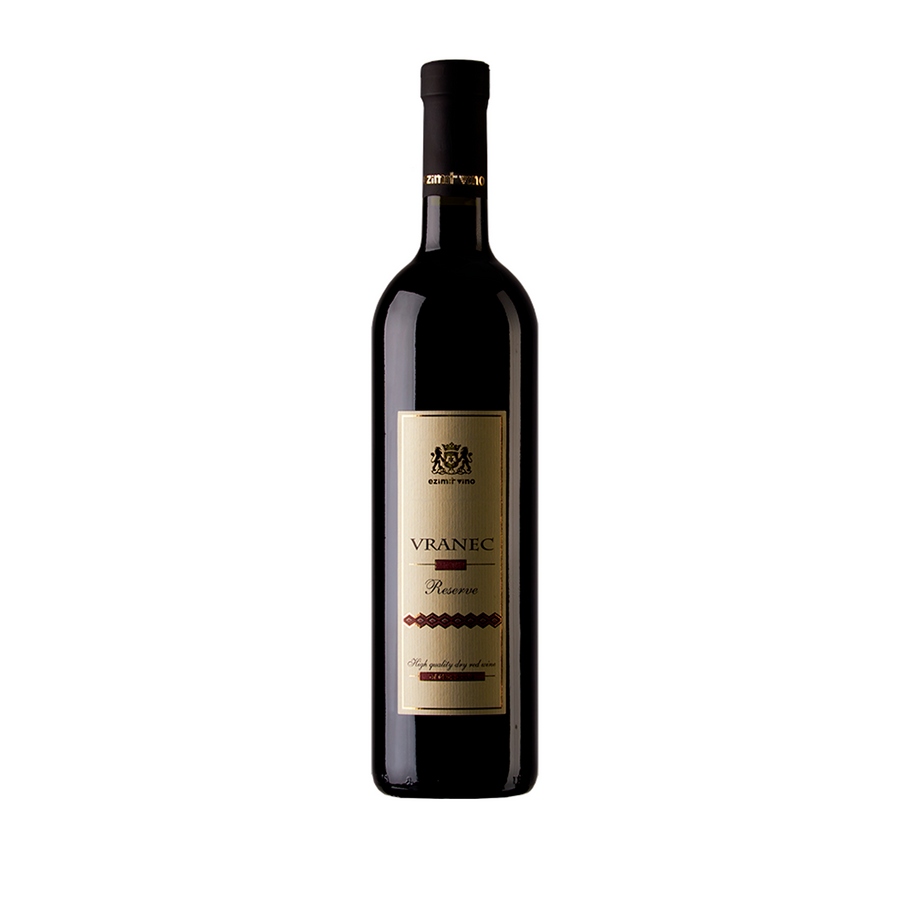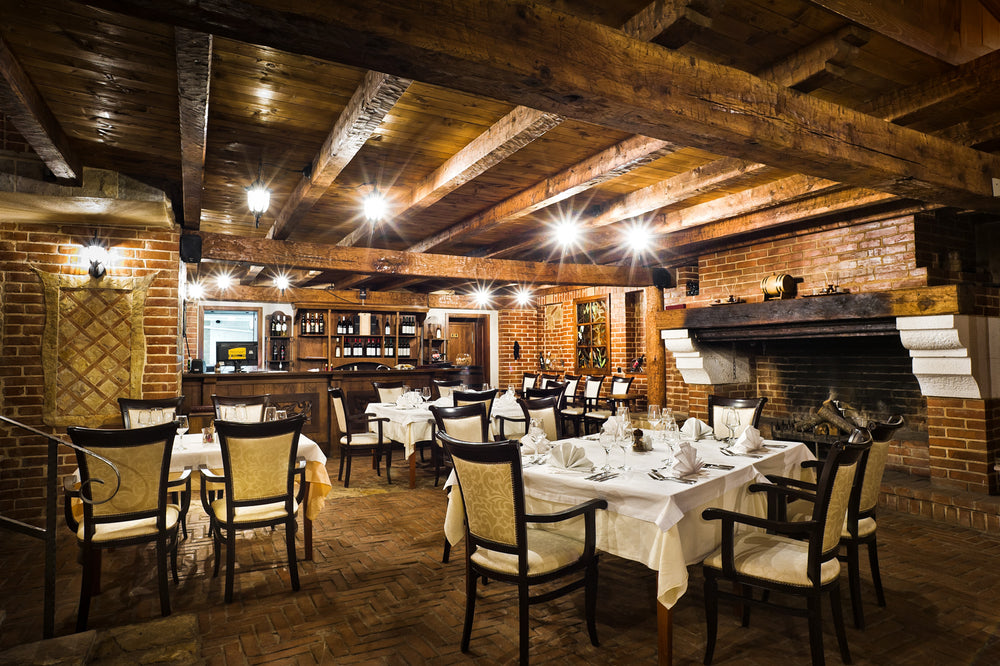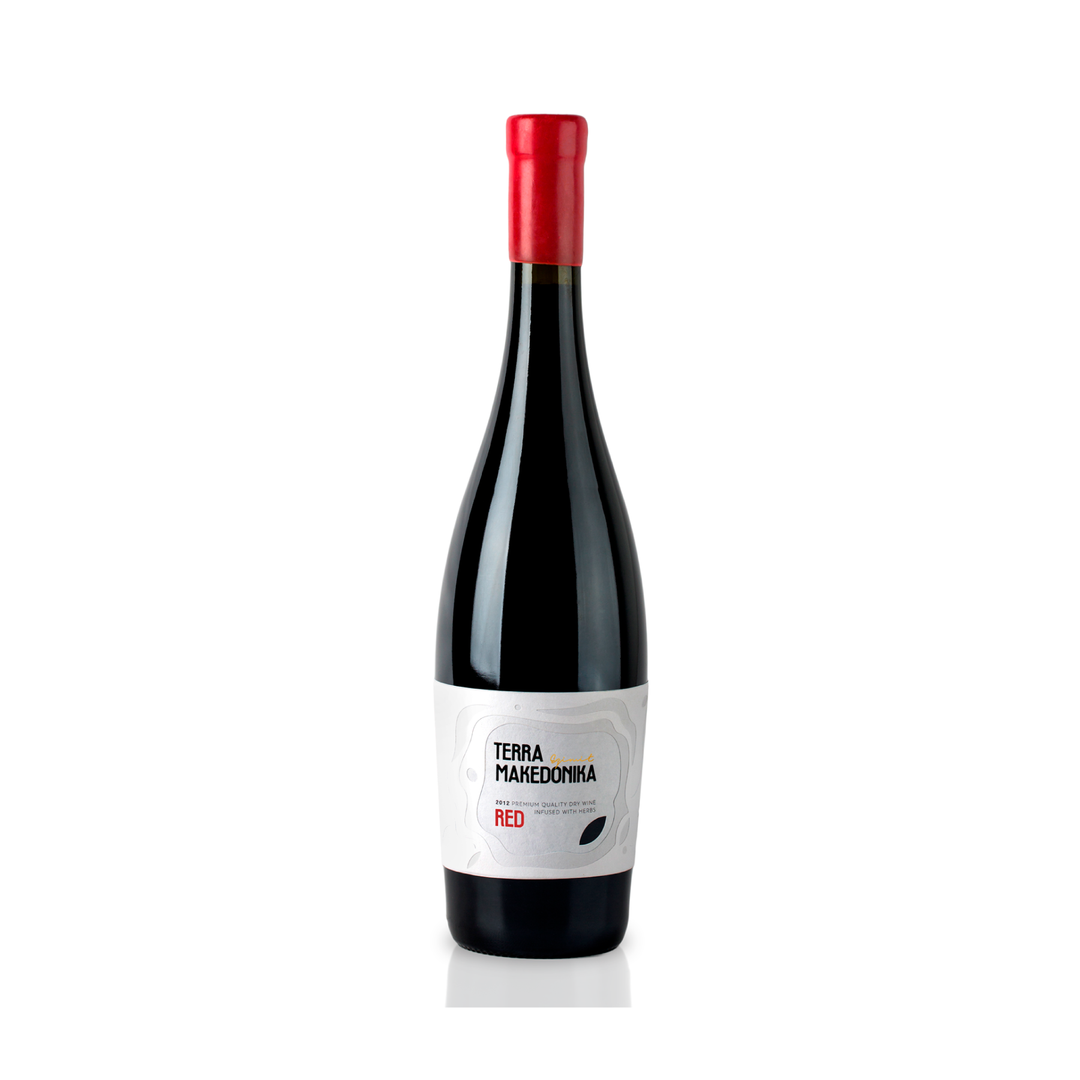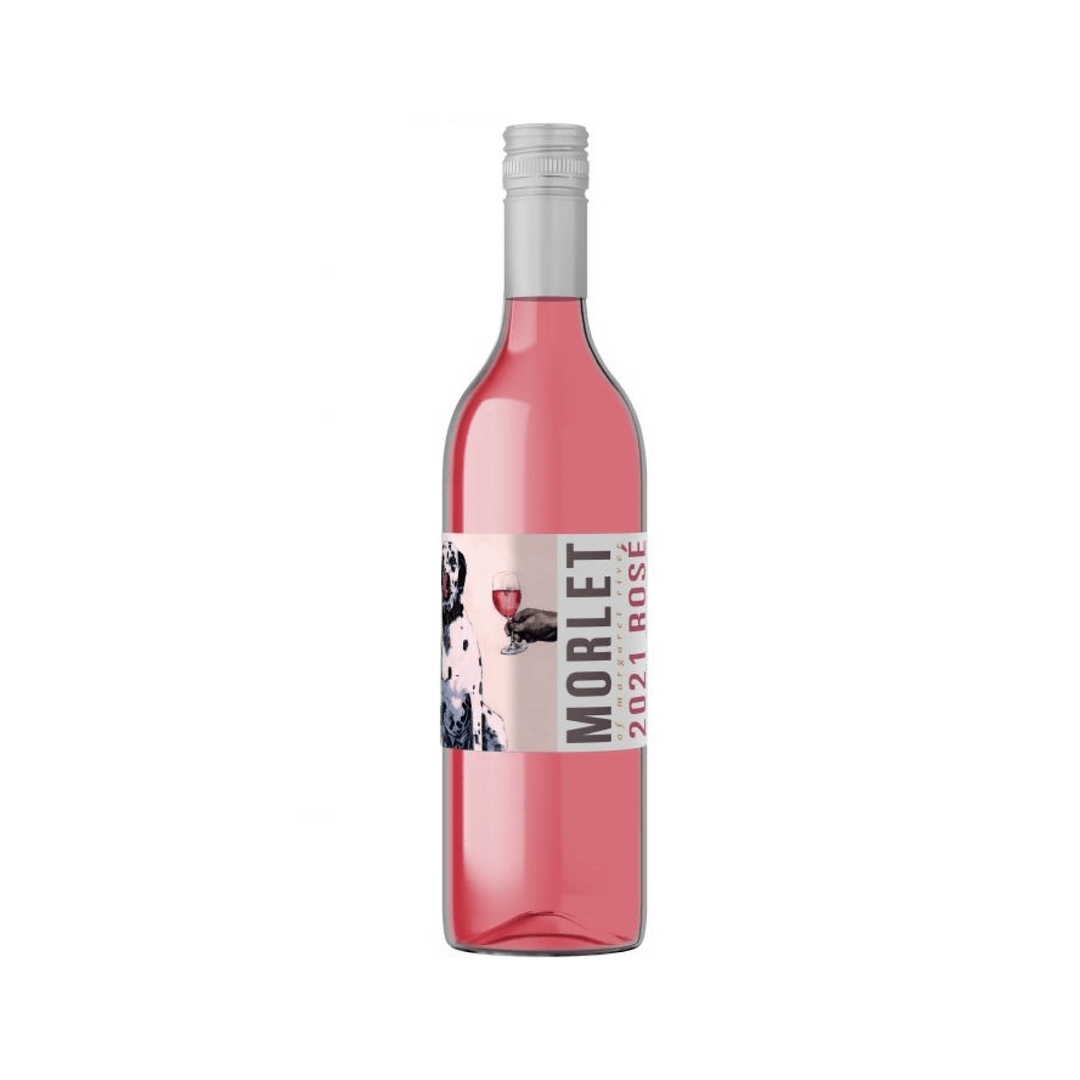Wine and Health
Immortality has quite often been attributed to drink be it the Greek ambrosia or the Sanskrit Amrit. Many lives in the ancient worlds have been extended (or reported poetically to be extended) by imbibing the nectar of gods.
Maybe it was the effect of alcohol or maybe the sensation as the fiery sweet liquid made its way through the body we may never know, at least we don’t have information about controlled subjects and placebo driven tests from the ancient world. There has always been a notion that wine did magic to extend human life.
In the modern world, we can test this notion with our scientific approach and knowledge. A plethora of studies have emerged both extolling and deriding wine as extenders of life.
What is it then? Is it good or bad? Should we be reaching out to our wine cellars as frequently as we should to the apple orchard?
What makes wines “Healthy”?
Wines contain a chemistry lab worth of phenolic antioxidants. Certain polyphenols especially Resveratrol has been cited as having wonderful health effects. The initial studies came out in 1997 and there has been a wealth of studies on the subject since then.
In the grape, the skin, the stem, and seeds of the grape contain polyphenols. These compounds are assimilated in the wine depending on the style and method of preparation. As a rule, red wines contain the most resveratrol followed by Rose and White wine, this is because of the increased skin contact time before and during fermentation.
The four most often cited diseases that can be controlled or prevented from drinking wines are listed below.
1. Cardiovascular diseases
There are hundreds of studies that credit wine drinking with slowing down the bad effects of cardiovascular disease. Wine and grape extracts have been shown to decrease platelet aggregation, promote vasorelaxation, suppress atherosclerosis, reduce lipid peroxidation, and improve serum cholesterol and triglyceride concentrations. This helps keep arteries clean and helps regulate heartbeat.
How does wine do it?
Resveratrol, the naturally occurring phenolic compound can suppress pathological increases in the peroxidation of lipids and other macromolecules, it also promotes vasorelaxation through a series of chemical actions.
A study indicates that maximum benefit was found that in the first years of a red wine. So, your 1976 Latour might not help, the cheaper young wines tend to yield the most benefit. (It is sort of egalitarian in that way if you think about it)
2. Cancer Prevention
A growing body of evidence from human clinical trials has demonstrated that consumption of grape, wine exerts many health-promoting and possible anti-cancer effects.
In a study on the impact of wine on human lung cancer cells, it was concluded that Red wine inhibits proliferation of lung cancer cells and blocks clonogenic survival at low concentrations. White wine does the job too but at higher concentrations. In simple terms wine inhibits the cancer cells ability to pass signals that it needs to proliferate and thereby arresting its spread.
Pinot Noir comes out on top in all these studies due to the presence of high levels of phenolic compounds. So feel free reach out for that Burgundy for good health!
3. Diabetes
In a long run study of 66,485 women in France, it was demonstrated that consumption of wine was associated with lower Type 2 diabetes risk in overweight women.
Presence of Ligands in red wine has been explained as the reason for its success against the disease.
4. Depression
Wine has been shown to reduce brain inflammation associated with depression again the chemical compound Resveratrol has been shown to be the key component. Before you reach for your second glass, be warned, this study was done on rats, hopefully human studies should come out soon.
Overall Red wine is more beneficial compared to white wine simply because of more contact time with the chemical-rich skin. Also, young wine over old, simply because the chemical breakdown process increases with the age of the wine.
So pls jump on over to our store and drink (responsibly) our young wines to your health!
Maybe it was the effect of alcohol or maybe the sensation as the fiery sweet liquid made its way through the body we may never know, at least we don’t have information about controlled subjects and placebo driven tests from the ancient world. There has always been a notion that wine did magic to extend human life.
In the modern world, we can test this notion with our scientific approach and knowledge. A plethora of studies have emerged both extolling and deriding wine as extenders of life.
What is it then? Is it good or bad? Should we be reaching out to our wine cellars as frequently as we should to the apple orchard?
What makes wines “Healthy”?
Wines contain a chemistry lab worth of phenolic antioxidants. Certain polyphenols especially Resveratrol has been cited as having wonderful health effects. The initial studies came out in 1997 and there has been a wealth of studies on the subject since then.
In the grape, the skin, the stem, and seeds of the grape contain polyphenols. These compounds are assimilated in the wine depending on the style and method of preparation. As a rule, red wines contain the most resveratrol followed by Rose and White wine, this is because of the increased skin contact time before and during fermentation.
The four most often cited diseases that can be controlled or prevented from drinking wines are listed below.
1. Cardiovascular diseases
There are hundreds of studies that credit wine drinking with slowing down the bad effects of cardiovascular disease. Wine and grape extracts have been shown to decrease platelet aggregation, promote vasorelaxation, suppress atherosclerosis, reduce lipid peroxidation, and improve serum cholesterol and triglyceride concentrations. This helps keep arteries clean and helps regulate heartbeat.
How does wine do it?
Resveratrol, the naturally occurring phenolic compound can suppress pathological increases in the peroxidation of lipids and other macromolecules, it also promotes vasorelaxation through a series of chemical actions.
A study indicates that maximum benefit was found that in the first years of a red wine. So, your 1976 Latour might not help, the cheaper young wines tend to yield the most benefit. (It is sort of egalitarian in that way if you think about it)
2. Cancer Prevention
A growing body of evidence from human clinical trials has demonstrated that consumption of grape, wine exerts many health-promoting and possible anti-cancer effects.
In a study on the impact of wine on human lung cancer cells, it was concluded that Red wine inhibits proliferation of lung cancer cells and blocks clonogenic survival at low concentrations. White wine does the job too but at higher concentrations. In simple terms wine inhibits the cancer cells ability to pass signals that it needs to proliferate and thereby arresting its spread.
Pinot Noir comes out on top in all these studies due to the presence of high levels of phenolic compounds. So feel free reach out for that Burgundy for good health!
3. Diabetes
In a long run study of 66,485 women in France, it was demonstrated that consumption of wine was associated with lower Type 2 diabetes risk in overweight women.
Presence of Ligands in red wine has been explained as the reason for its success against the disease.
4. Depression
Wine has been shown to reduce brain inflammation associated with depression again the chemical compound Resveratrol has been shown to be the key component. Before you reach for your second glass, be warned, this study was done on rats, hopefully human studies should come out soon.
Overall Red wine is more beneficial compared to white wine simply because of more contact time with the chemical-rich skin. Also, young wine over old, simply because the chemical breakdown process increases with the age of the wine.
So pls jump on over to our store and drink (responsibly) our young wines to your health!








